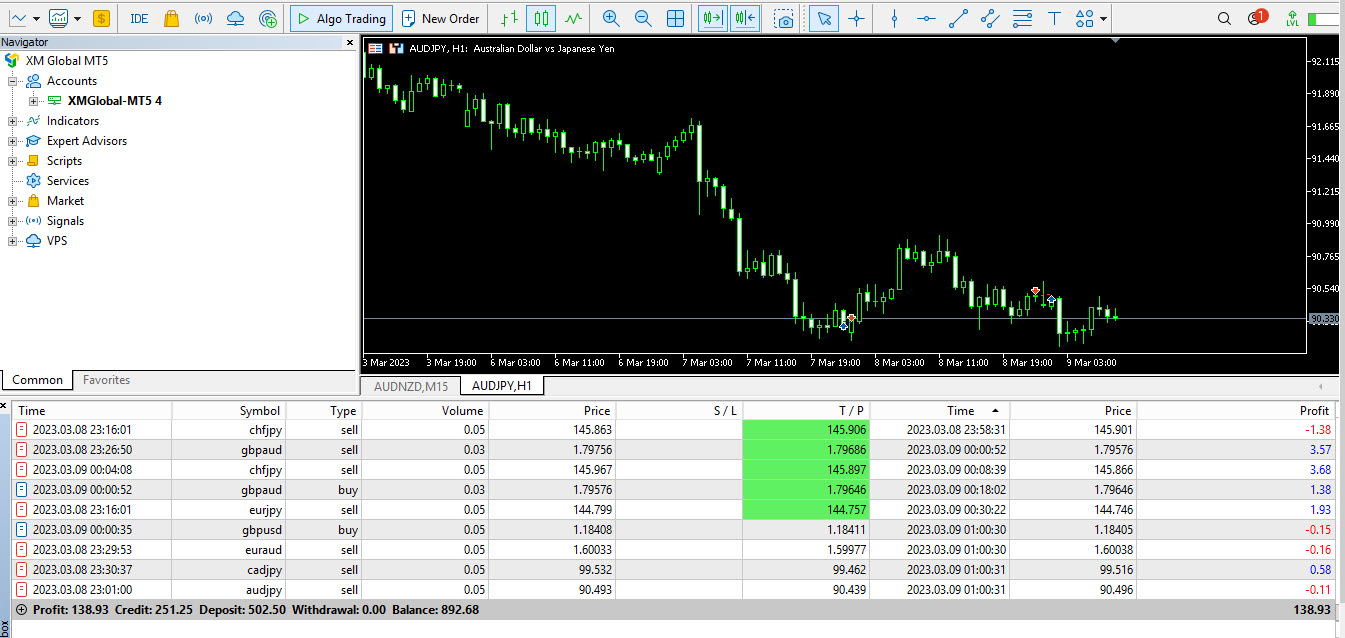Identifying Market Risks in Forex Trading and Capitalizing on Opportunities
Introduction:
Forex trading, also known as foreign exchange trading, involves the buying and selling of currencies with the aim of making a profit from the fluctuations in their exchange rates. While the forex market presents numerous opportunities for traders, it is also accompanied by various risks that need to be identified and managed effectively. This article will delve into the process of identifying market risks in forex trading and discuss strategies for capitalizing on opportunities.
Understanding Market Risks:
Before delving into forex trading, it is crucial to comprehend the various market risks involved. These risks can be broadly categorized into systematic and unsystematic risks. Systematic risks are inherent to the entire forex market and include factors such as geopolitical events, economic indicators, and market sentiment. Unsystematic risks, on the other hand, are specific to individual currencies and can be influenced by factors like political instability, economic policies, and natural disasters.
Fundamental Analysis:
Fundamental analysis involves assessing economic, social, and political factors that can impact currency values. By analyzing indicators such as GDP growth, inflation rates, interest rates, and geopolitical events, traders can gain insights into the fundamental health of a country's economy. This analysis helps identify potential market risks and opportunities. For example, if a country's economy is experiencing robust growth, its currency may appreciate in value, presenting an opportunity for traders to buy.
Technical Analysis:
Technical analysis involves studying historical price and volume data to identify patterns and trends. Traders use various tools and indicators, such as moving averages, support and resistance levels, and oscillators, to analyze price movements and make informed trading decisions. By recognizing chart patterns and key levels, traders can identify potential market risks and opportunities. For instance, if a currency pair is approaching a significant resistance level, it may indicate a potential reversal, allowing traders to capitalize on a possible trend change.
Risk Management:
Effective risk management is essential in forex trading. Traders should employ strategies to mitigate potential losses and protect their capital. This can include setting stop-loss orders to automatically exit trades if they reach a certain loss threshold, using proper position sizing techniques to limit exposure, and diversifying portfolios to reduce the impact of adverse market movements. Risk management helps traders minimize losses during unfavorable market conditions and maximize profits during favorable ones.
Keeping Abreast of News and Market Events:
Staying informed about the latest news and market events is crucial for identifying potential market risks and opportunities. Traders should regularly monitor economic calendars, news releases, and financial reports that can impact currency markets. Major announcements, such as central bank decisions, employment reports, and political developments, can significantly affect currency values. By being aware of these events, traders can adjust their strategies accordingly and capitalize on favorable market conditions.
Developing a Trading Plan:
Having a well-defined trading plan is vital for navigating the forex market successfully. A trading plan outlines a trader's goals, risk tolerance, and trading strategies. It helps traders stay disciplined and avoid impulsive decision-making based on emotions. A trading plan should include clear entry and exit criteria, risk management guidelines, and rules for evaluating market risks and opportunities. By adhering to a trading plan, traders can systematically assess market conditions and make informed trading decisions.
Conclusion:
Forex trading offers numerous opportunities for profit, but it is not without risks. By understanding the various market risks involved, conducting fundamental and technical analysis, implementing effective risk management strategies, staying updated on market events, and following a well-defined trading plan, traders can identify potential risks and capitalize on opportunities. Successful forex trading requires continuous learning, adaptation to changing market conditions, and disciplined execution of trading strate

Comments
Post a Comment